Introduction:
Management colleges play a vital role in shaping future leaders and equipping them with the necessary skills to excel in the corporate world. In this blog post, we will explore ten essential skills that management college students should develop to enhance their chances of success in their careers. These skills are highly valued by employers and are crucial for effective leadership and management in today’s competitive business environment. By focusing on these skills, students can maximize their potential and stand out among their peers.
Effective Communication Skills:
Communication is the backbone of successful management. Discuss the importance of honing written and verbal communication skills, as well as the ability to convey ideas clearly and concisely. Provide tips on improving presentation skills and active listening abilities.
Problem-Solving and Critical Thinking:
Managers often encounter complex problems that require analytical thinking and effective problem-solving skills. Highlight the significance of developing critical thinking abilities and provide examples of practical approaches to tackle business challenges.
Leadership and Team Management:
Leadership skills are essential for managers to inspire and motivate their teams. Discuss various leadership styles, the importance of emotional intelligence, and the ability to delegate tasks effectively.
Adaptability and Flexibility:
In today’s dynamic business environment, the ability to adapt to change is crucial. Explain the significance of being flexible, open to new ideas, and willing to embrace change. Provide examples of how adaptability can lead to innovation and success.
Time Management and Organization:
Managing time and resources efficiently is vital for managers. Offer tips on prioritization, goal setting, and effective time management techniques. Discuss the importance of maintaining an organized workspace and utilizing productivity tools.
Financial Literacy:
Understanding financial concepts and principles is crucial for making informed business decisions. Introduce basic financial management concepts, such as budgeting, financial analysis, and investment evaluation. Highlight the significance of financial literacy in managerial roles.
Networking and Relationship Building:
Building a strong professional network is essential for career growth. Discuss the benefits of networking, both online and offline, and provide strategies for effective relationship building. Emphasize the importance of maintaining professional relationships throughout one’s career.
Project Management Skills:
Project management plays a vital role in successfully executing initiatives. Explain the key principles of project management, including planning, organizing, and controlling. Provide practical tips on managing projects, including setting goals, allocating resources, and monitoring progress.
Ethical Decision-Making:
Integrity and ethical behavior are fundamental in management roles. Discuss the importance of ethical decision-making and the potential consequences of unethical practices. Offer guidance on ethical dilemmas commonly faced by managers.
Continuous Learning and Professional Development:
In the fast-paced business world, it is essential to stay updated and continuously enhance one’s skills. Encourage management college students to embrace a lifelong learning mindset and explore opportunities for professional development, such as attending conferences, pursuing certifications, or participating in industry events.
Conclusion:
By developing these ten essential skills during their time in a management college, students can position themselves for success in their future careers. The ability to communicate effectively, solve problems, lead teams, adapt to change, and make ethical decisions will set them apart as competent and capable managers. Encourage readers to start working on these skills early on and consistently strive for self-improvement throughout their educational journey and beyond.
